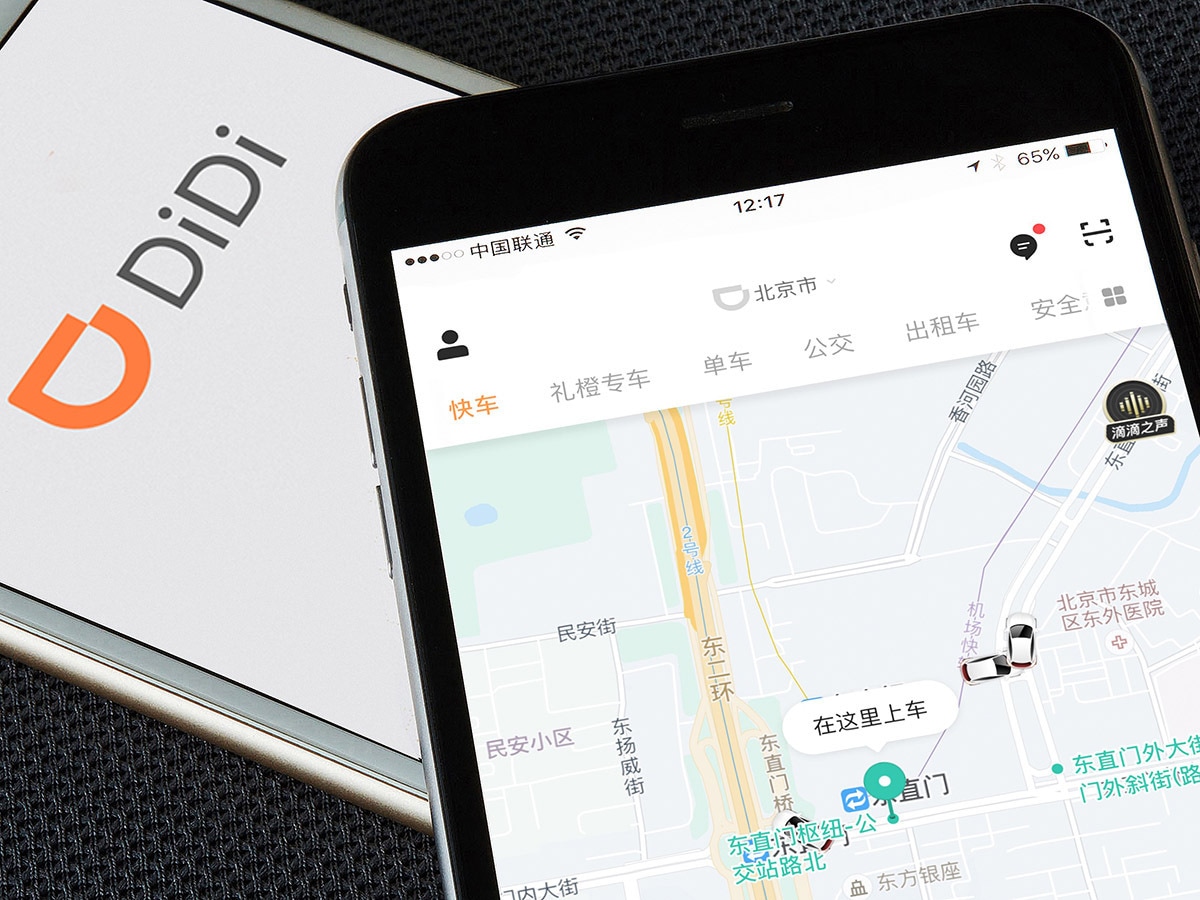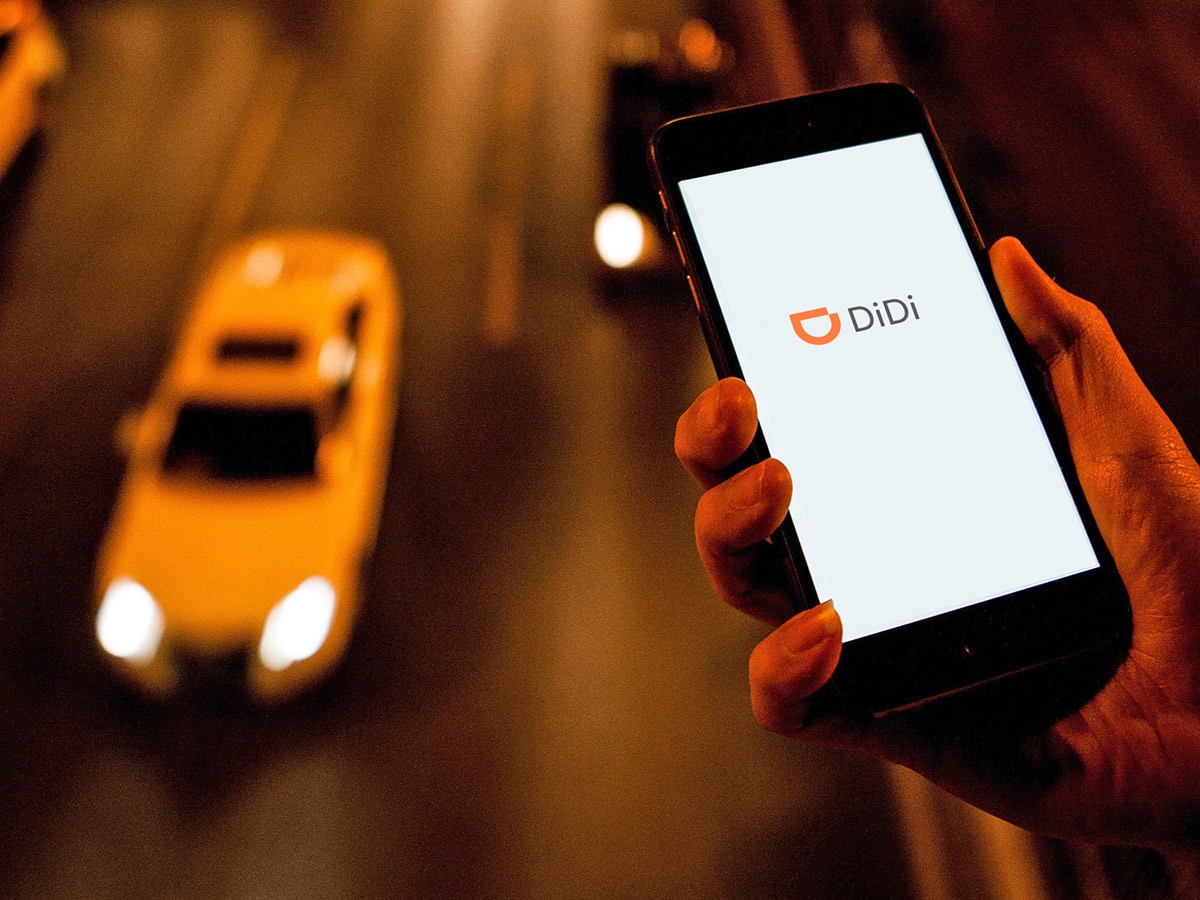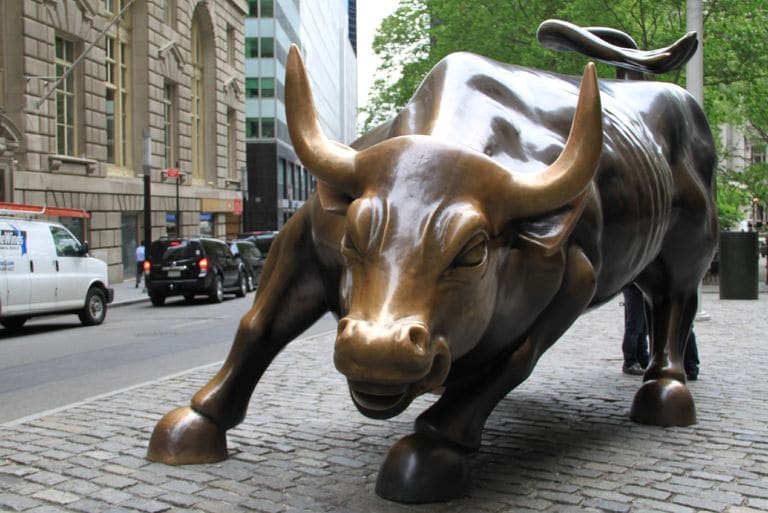Why has Didi chosen to list on a US exchange?
Didi has decided to list on either the New York Stock Exchange or the NASDAQ, despite tightening US regulations for Chinese companies. In March 2021, the US Securities and Exchange Commission (SEC) adopted the Holding Foreign Companies Accountable Act, which could see Chinese companies that don’t adhere to strict new rules delisted from US exchanges.
Didi originally sought to list in Hong Kong, but changed its plans after fears that local scrutiny over issues like unlicensed vehicles and drivers could delay the IPO process there. Didi’s prospectus also warned that should China’s recovery slow, “our business… and financial condition could be materially and adversely affected.”
When is Didi’s IPO date?
Didi is expected to begin trading on 30 June 2021 under the ticker ‘DIDI’. You can keep track of upcoming IPOs that are due to debut on our platform.
What will Didi’s share price be?
Didi plans to sell 288m shares for $13 to $14 each in an IPO that is expected to raise up to $4bn in total. This figure could make Didi’s IPO the largest US listing of a Chinese company since Alibaba’s 2014 listing raised $25bn, and the sixth-largest in the US during the past decade..

What is Didi’s valuation?
The Financial Times estimates a “$65bn-plus” valuation for Didi, while The Wall Street Journal suggests the figure could be “upward of $70bn”. Reuters has suggested the figure could even reach $100bn.
The top end of this range would imply a similar market value to that of Uber, which has a market cap of around $90.7bn and owns a 12.8% stake in Didi, having sold its Chinese ride-hailing arm to the company in 2016. Other major shareholders include the SoftBank Vision Fund, which holds 21.5%.
Lyft, the other major listed player in the ride-hailing space, has a market capitalisation of around $18.9bn, while Singaporean competitor Grab is expected to list this year via a special purpose acquisition company (SPAC) deal with an expected $40bn valuation — although a fall in its SPAC partner Altimeter’s value is thought to have caused a delay.
It is likely that Didi’s IPO will make it one of the most highly valued companies in its industry. Investors should check the company’s valuation when its pricing is announced and compare with its competitors before buying.
How is Didi’s recent financial performance?
Didi reported $21.6bn revenue in 2020. In the most recent quarter of 2021, it posted revenues of $6.4bn, on which it made $837m net income before shareholder payouts.
For comparison, Uber’s most recent quarterly report saw revenue (excluding an accrual for historical claims relating to UK drivers) of $3.5bn, with a net loss of $108m. Lyft meanwhile reported $609m in revenue and an adjusted net loss of $114.1m. Please remember that past performance isn’t indicative of future results.
Disclaimer: CMC Markets is an order execution-only service. The material (whether or not it states any opinions) is for general information purposes only, and does not take into account your personal circumstances or objectives. Nothing in this material is (or should be considered to be) financial, investment or other advice on which reliance should be placed. No opinion given in the material constitutes a recommendation by CMC Markets or the author that any particular investment, security, transaction or investment strategy is suitable for any specific person. The material has not been prepared in accordance with legal requirements designed to promote the independence of investment research. Although we are not specifically prevented from dealing before providing this material, we do not seek to take advantage of the material prior to its dissemination.








